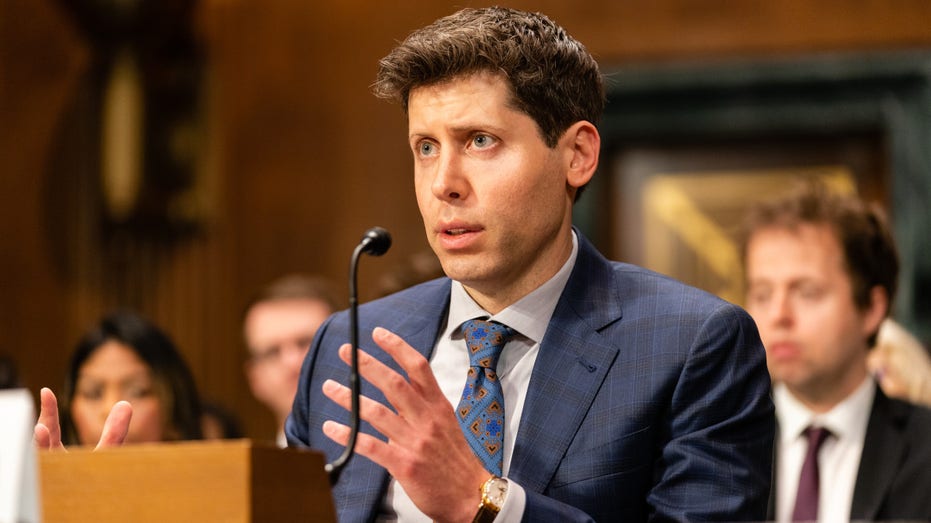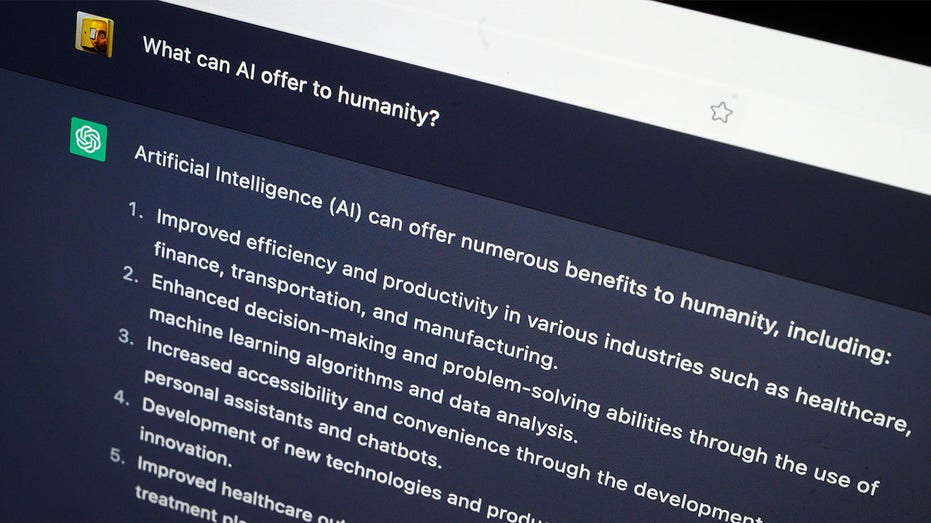OpenAI CEO Altman backtracks after threatening to exit Europe over overregulation concerns
Altman had previously warned that a proposed EU regulation on AI could be too difficult to comply with
Artificial intelligence will affect every aspect of life: Eric Hippeau
Lerer Hippeau Ventures managing partner Eric Hippeau gives his take on how investors should respond to the development of A.I. on The Claman Countdown.
OpenAI CEO Sam Altman reversed course on a warning that the company may have to stop operating in Europe if a proposed EU regulation on artificial intelligence moves forward.
Last week, Altman warned that OpenAI – the company behind AI chatbot ChatGPT – may have to pull its operations out of Europe if the current version of the EU AI Act moved forward because it was "over-regulating" AI products. At the time, Altman told Reuters at an event in London, "If we can comply, we will, and if we can’t, we’ll cease operating.… We will try. But there are technical limits to what’s possible."
Altman backtracked in a Thursday night tweet and said, "we are excited to continue to operate here and of course have no plans to leave."
He also noted that he had a "very productive week of conversations in Europe about how to best regulate AI!"

Sam Altman, chief executive officer and co-founder of OpenAI, reversed course after warning that ChatGPT may have to stop operating in Europe if EU regulations are too onerous. (Eric Lee/Bloomberg via Getty Images / Getty Images)
Altman’s concern about overregulation stemmed from provisions in the draft of the EU Parliament’s AI Act that would require companies with generative AI products, such as OpenAI’s ChatGPT, to disclose the use of copyrighted material in its training models that help the AI learn to generate text and images in response to users’ prompts.
"These provisions relate mainly to transparency, which ensures the AI and the company building it are trustworthy," Dragos Tudorache, a Romanian member of the European Parliament who is leading the effort to draft the legislation, told Reuters Thursday. "I don’t see a reason why any company would shy away from transparency."

Generative AI platforms like OpenAI's ChatGPT raise questions for regulators in their use of copyrighted content and users' data. (Leon Neal/Getty Images / Getty Images)
The EU’s regulatory proposal would require users to be informed that AI, rather than humans, generated the content. It would also require certain generative AI platforms to be designated "high risk" if they are intended to be used in the biometric identification of humans, employment recruitment and evaluation, educational and vocational training, managing critical infrastructure, law enforcement, immigration and more.
The EU Parliament is considering revisions to the law, and the next step in the process is a vote by the Parliament between June 12-15 on a negotiating draft. Then, the EU Parliament can negotiate with the Council of European Ministers on the final version of the law.
GET FOX BUSINESS ON THE GO BY CLICKING HERE
In early May, OpenAI announced that it had implemented changes to its system in response to a regulatory ban imposed by Italy after some ChatGPT users’ messages and payment information were exposed in violation of European data protection rules.
The changes made by OpenAI included disclosures about how it collects and uses data to train algorithms powering ChatGPT, providing EU users with a new form for objecting to the use of their data in training, and adding a tool to verify users’ ages when signing up.
FOX Business’ Bradford Betz and Reuters contributed to this article.




















